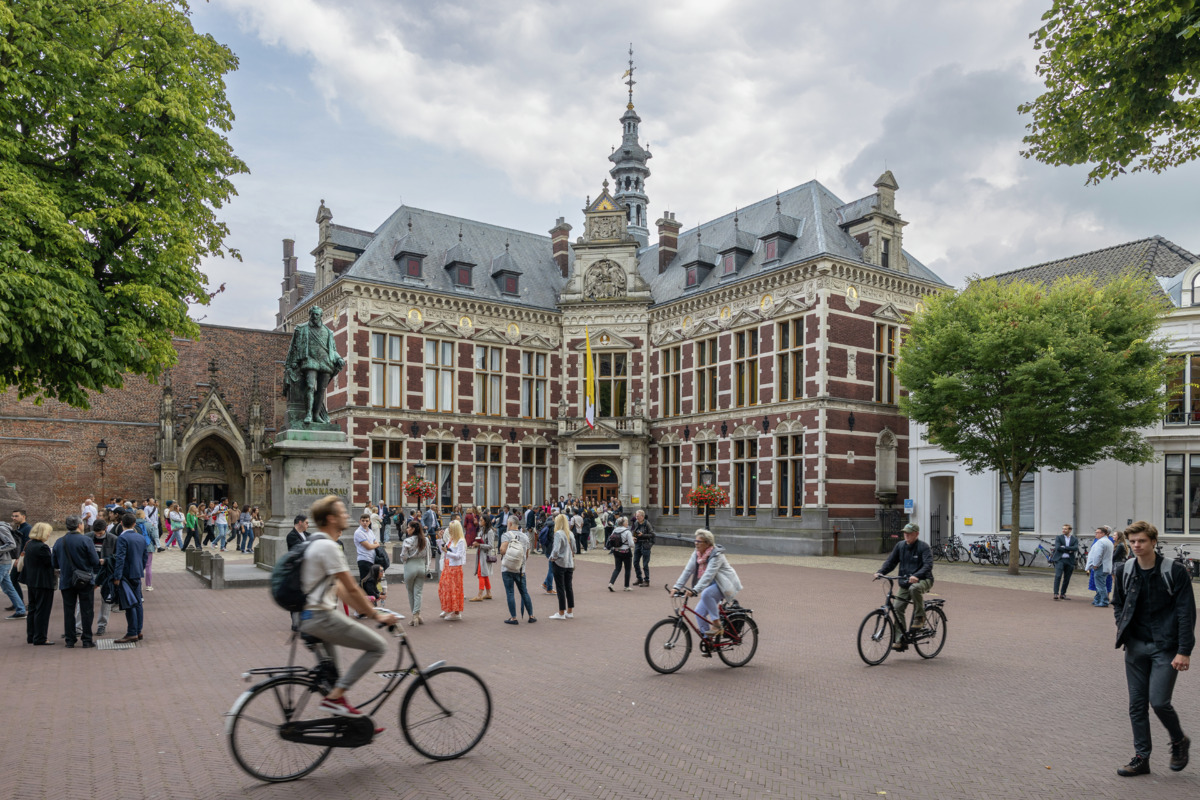
Internationalization in a Fragmented World
Advocacy for academic freedom and human rights

Advocacy for academic freedom and human rights

In this summer school we will discuss academic freedom and related human rights in an international perspective. Participants practice developing campaigns for academic freedom and related human rights, for example in support of an academic institution under threat or in support of an unjustly prosecuted academic.
Academic freedom and the related human rights of students and scholars are acutely endangered in Europe and many places around the world. How can we ensure that universities remain -or become- places of free scientific enquiry and debate, academic solidarity, and (global) social responsibility? How can we, as members of the academic community, support students and scholars at risk?
During the summer school, we engage in discourses on academic freedom and related human rights in an international perspective and develop advocacy campaign to defend academic freedom, or in support of a unjustly prosecuted scholar.
Participants in this summer school will be able to critically analyze concepts of academic freedom, academic solidarity and academic responsibility as well as related human rights, comparing their interpretation across different (epistemic) cultures and in global perspective, and assess its importance in fostering intellectual and societal progress.
In addition to this, participants gain insights into the different ways by which academic freedom and the human rights of scholars can be violated/constrained.
Participants will introduced to practical knowledge of the different tools and strategies available to protect and promote academic freedom, academic solidarity and (global) social responsibility as well as to human rights of at-risk students and scholars, on campus or elsewhere.
Participants will get to know a number of the major European and international organisations and networks active in the field of promoting academic freedom and protecting students, scholars and universities at risk, such as the Scholars at Risk Network, the Magna Charta Observatory, or the New University in Exile Consortium.
Participants will further develop professional skills to effectively and ethically plan, implement and assess human rights and public policy advocacy campaigns to protect and promote fundamental academic values and at-risk students, scholars and universities. Some essentials of social media campaigns, legal frameworks, communication strategies, and global networks will be introduced.
Learning outcomes
By the end of the course participants will have acquired:
Staff involved (changes may occur):
Master and PhD-students from universities in the Utrecht Network (please check: https://utrecht-network.org/our-members/ ), and its global network members (please check: https://utrecht-network.org/# ). Also Master and PhD-students from other institutions can apply.
Higher education professionals, e.g. policy officers and managers.
The housing costs do not include a Utrecht Summer School sleeping bag and/or pillow. These are separate products on the invoice. If you wish to bring your own bedding, please deselect or remove the sleeping bag from your order.
In case you cannot make the deadline of 1 April 2025, please contact both (!) course directors directly.
For this course you are required to upload the following documents when applying: